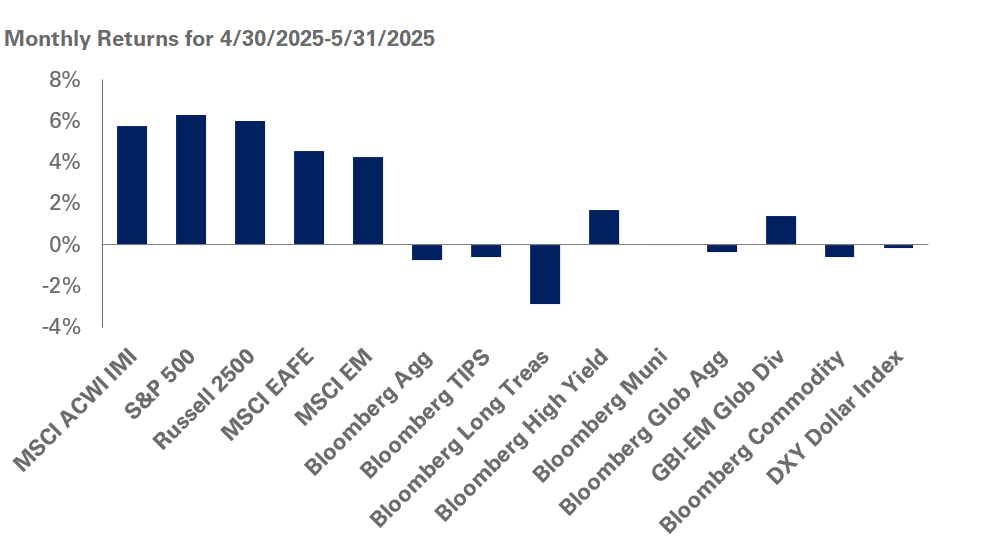As if investing in a bear market isn’t challenging enough, investors with holdings of private assets will likely also have to contend with the denominator effect.
When publicly traded securities decline, private-market allocations can appear outsized in an investment portfolio as the ratio of private assets (the numerator) to total portfolio assets (denominator) jumps. This overweight is caused because public markets price assets more efficiently than the private sector as valuations of less liquid securities typically lag by at least a quarter or more. While it may be appealing to rebalance your way out of this overallocation, we encourage clients to remain disciplined and stay the course by sticking to their commitment-pacing plans. It is worth keeping in mind that new capital deployed during economic downswings has historically generated higher alpha and illiquidity premia.
As a result, we encourage our clients to maintain new commitments to capture these returns. We recommend backing high-performing and top-tier managers. Seek managers with demonstrated industry expertise or other value-add capabilities to capture more consistent and reliable returns. At the same time, be cognizant of your portfolio’s total exposure to private equity and emphasize diversification by sector and geography. If you need to reduce your commitment pacing to manage liquidity, decrease commitment size but don’t drop high-quality managers and risk losing access to their future funds.
Our recommendations come amid a changing investment landscape. In the last several years, record levels of fundraising have left privately held companies flush with capital. Robust equity markets caused valuations to increase and private equity performance to soar. But now, inflation and concerns around an economic slowdown will likely lengthen the lead time it takes to raise capital. Fund managers also are more likely to exercise greater caution while putting capital to work, slowing down the pace of deployment; typically, private equity funds deploy capital over a period of two-to-three years.
In addition, companies raising capital in the next several quarters will do so at flat-to-discounted valuations. Limited partners should be prepared to take write-downs in their portfolios. Portfolio net returns will drop, coming off of historic highs. We believe capital calls will slow (but not stop) with general partners moving towards a frequency of every 24-to-36 months. Distributions will decline too, ramping up only once public markets are more stable. Over time private equity exposures will fall back in line with the overall asset allocation policy.
Please reach out to us if you have questions on the denominator effect or are concerned about its impact on your portfolio.



